PTFE (Polytetrafluoroethylene) gaskets are commonly used in ball valves due to their unique properties. These gaskets offer several advantages, making them ideal for sealing applications in a wide range of industries. Below are the key benefits of using PTFE gaskets for ball valves:
1. Chemical Resistance
- Resistant to Aggressive Chemicals: PTFE gaskets can withstand exposure to a wide range of harsh chemicals, acids, and solvents, making them ideal for use in industries like chemical processing and pharmaceuticals.
- Non-Reactive: PTFE is non-reactive and does not interact with the fluids passing through the ball valve, ensuring the integrity of the seal.
2. High Temperature Resistance
- Temperature Stability: PTFE gaskets can function in both high and low-temperature environments, withstanding temperatures from -200°C to 260°C (-328°F to 500°F), making them suitable for a variety of applications, including steam and high-pressure systems.
- Thermal Insulation: The material also provides excellent insulation properties, preventing heat loss and protecting the system.
3. Low Friction and Self-Lubricating
- Smooth Operation: PTFE gaskets have a low friction coefficient, which allows the ball valve to operate smoothly, reducing wear and tear over time.
- Self-Lubricating: The self-lubricating nature of PTFE helps in minimizing the need for additional lubrication, reducing maintenance requirements.
4. Leak Prevention
- Reliable Sealing: PTFE gaskets create an effective seal that prevents leakage, ensuring the integrity of the ball valve and the surrounding system.
- Leak-Proof Performance: Even in high-pressure environments, PTFE gaskets maintain a secure and reliable seal, preventing fluid or gas leakage.
5. Durability and Longevity
- Long Service Life: PTFE gaskets are highly durable and resistant to degradation, offering long-lasting performance with minimal wear, which reduces the frequency of gasket replacements.
- Corrosion Resistance: They are resistant to corrosion, ensuring that the gasket remains effective over time, even in challenging environments.
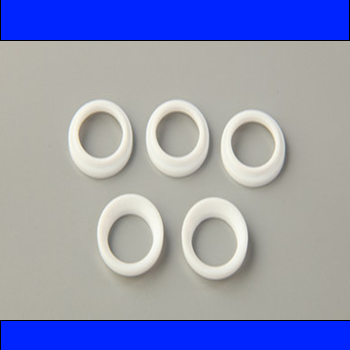
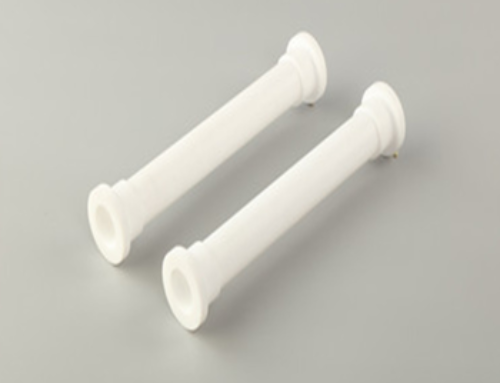
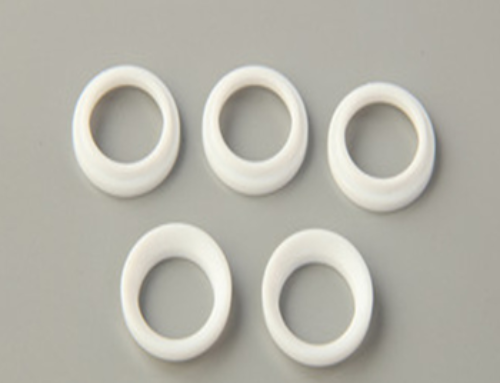
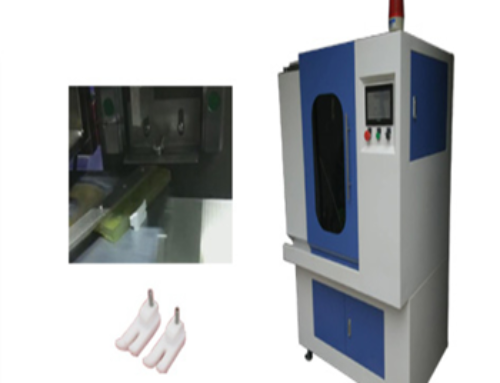
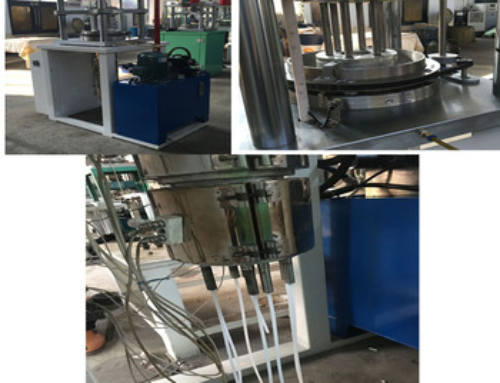
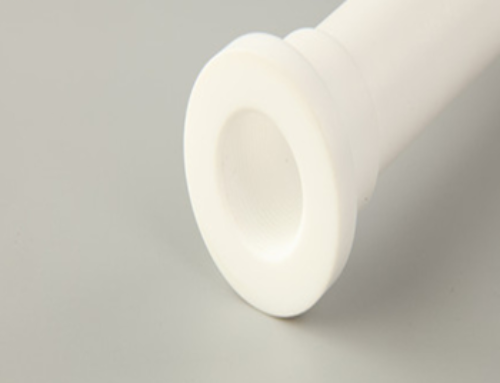

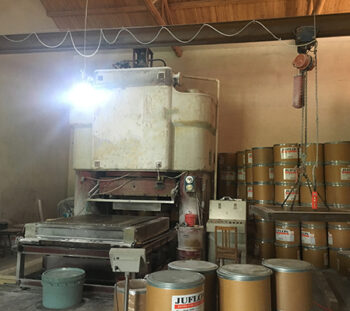
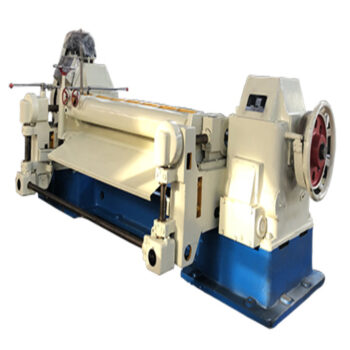
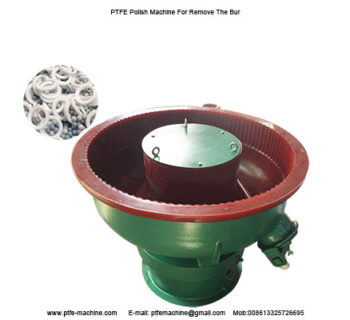
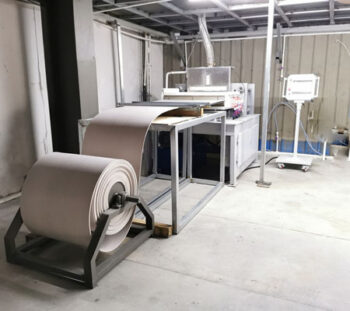
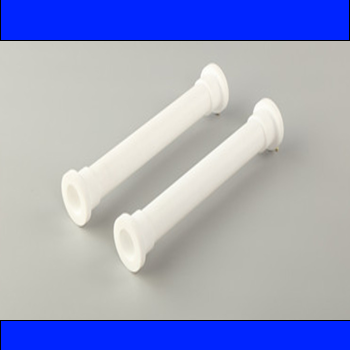

Leave A Comment
You must be logged in to post a comment.